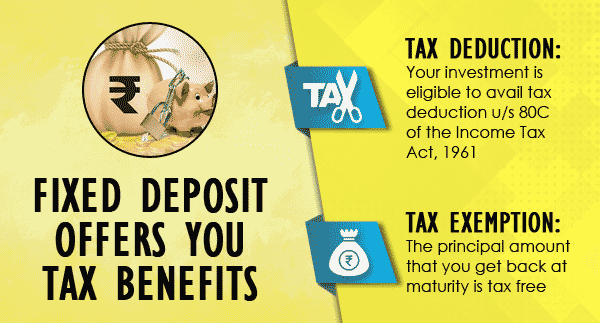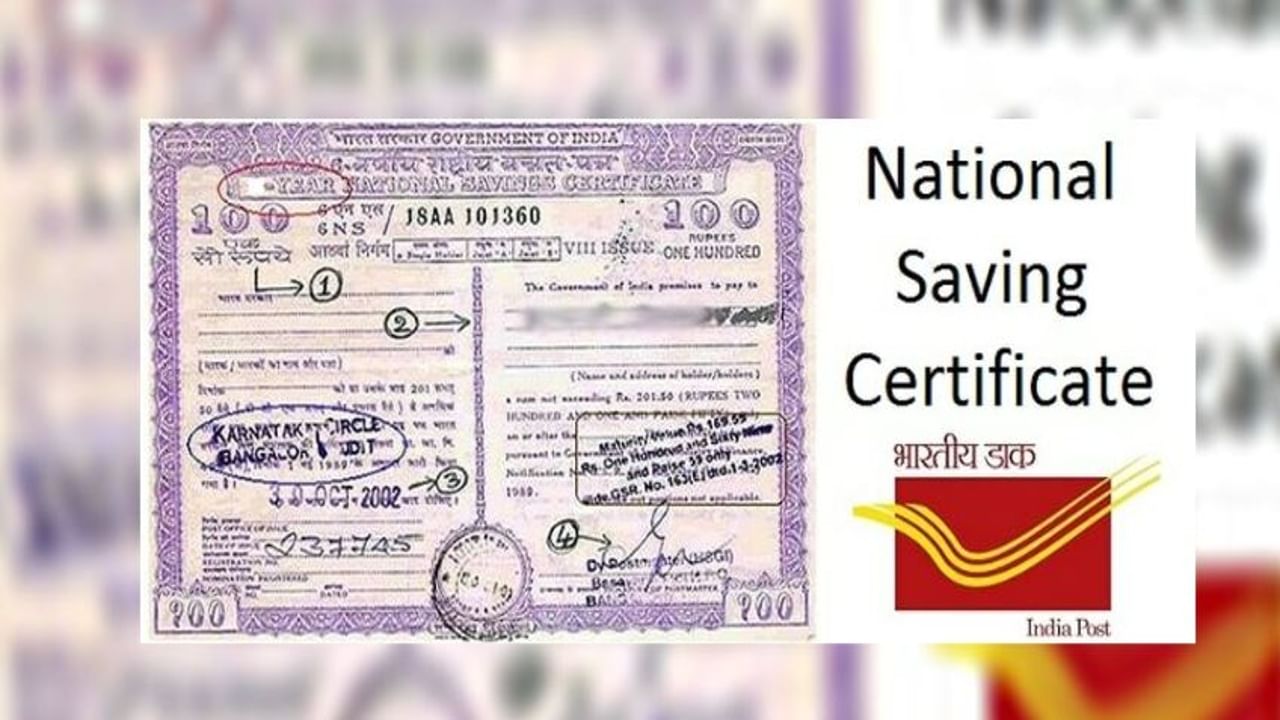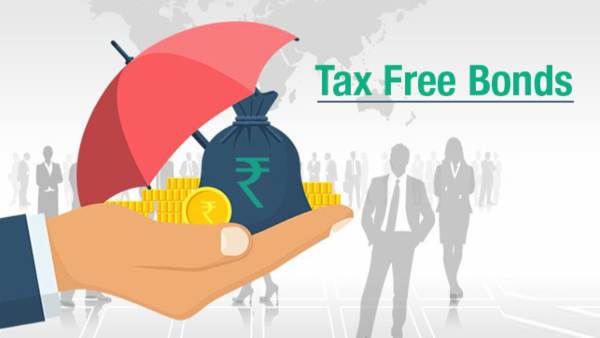5 tax saving schemes: Senior citizens over 75 are only free from submitting ITR if they get income from salary interest; otherwise, they must invest to reduce their tax burden. Seniors who have a high income and wish to invest to reduce their tax burden constantly search for investment opportunities that offer exceptional returns and a short investment horizon.
A three-year lock-in term applies to investments made in mutual funds’ ELSS plan. Investments in fixed deposit programs that save on taxes must be made over a 5-year period. Investments in the Post Office’s Senior Citizens Savings Scheme are frozen for a period of five years. National Savings Certificates, or NACCs, must be invested in for a minimum of five years. Bond investments are locked in for five years. PPF, on the other hand, requires 15 years of investment.
The Senior Citizen Savings Scheme (SCSS)
offered by the Central Government, is the ideal investment option for seniors because it allows them to defer taxes while also earning higher returns. The interest rate for the Senior Citizen Savings Scheme has been raised from 7.6 percent to 8 percent as of January 1, 2023. Your investment is locked for five years, after which you will receive a refund. You have the option of extending the investing period by an additional three years. Under Section 80C, you can get a tax exemption. You can put up to Rs 15 lakh into it. But only investments totaling Rs 1.50 lakh qualify for tax exemption under section 80C.
Tax Saving Fixed Deposit
All banks provide fixed deposit plans that are tax-efficient. By participating in this program, you can save tax by visiting your bank. There is a discrepancy in the interest rates of banks if we look at the interest rates of tax-saving FD schemes of various banks. Senior adults can earn 7.25 percent interest from SBI and 7.75 percent from Axis Bank. Investments in fixed deposit programs that save on taxes are locked in for five years. To save tax, an annual investment of up to Rs. 1.50 lakh can be made.
National Savings Certificates
Seniors who purchase NSCs can also reduce their tax liability. The interest rate on National Savings Certificates has recently been increased by the government from 6.8 percent to 7 percent beginning January 1, 2023. Under Section 80C, investments will be eligible for tax exemption. The National Savings Certificate investment will be locked for five years.
Tax-Free Bonds
For older citizens, tax-free bonds may be a superior investment choice. This allows for both tax savings and improved return on investment. Since government organizations or corporations offer tax-free bonds, the returns are also secure. Seniors are eligible to invest in higher-rated, tax-free bonds. Bond investments must be made for at least five years. Additionally, yearly money will still be obtained from this. Investments may be made in the National Highway Authority’s, or NHAI’s, tax-free bonds.
 ELSS Scheme
ELSS Scheme
Seniors may choose to invest in mutual funds through the ELSS Scheme. Only three years are allowed for investment to be locked in. Under Section 80C, you can get a tax exemption on investments up to Rs 1.50 lakh every year. However, there is a risk associated with ELSS scheme investment. Companies that manage mutual funds invest the accrued capital in the stock market. The stock market’s ups and downs determine the returns in this situation. Losses may also occur if the market takes a sharp downturn.
Read More: Mahindra Thar 2WD model was leaked prior to launch, know the price
|
|
 Facebook Page Facebook Page |
Click Here |
 Twitter Twitter |
Click Here |
 Instagram Instagram |
Click Here |
 Google News Google News |
Click Here |









